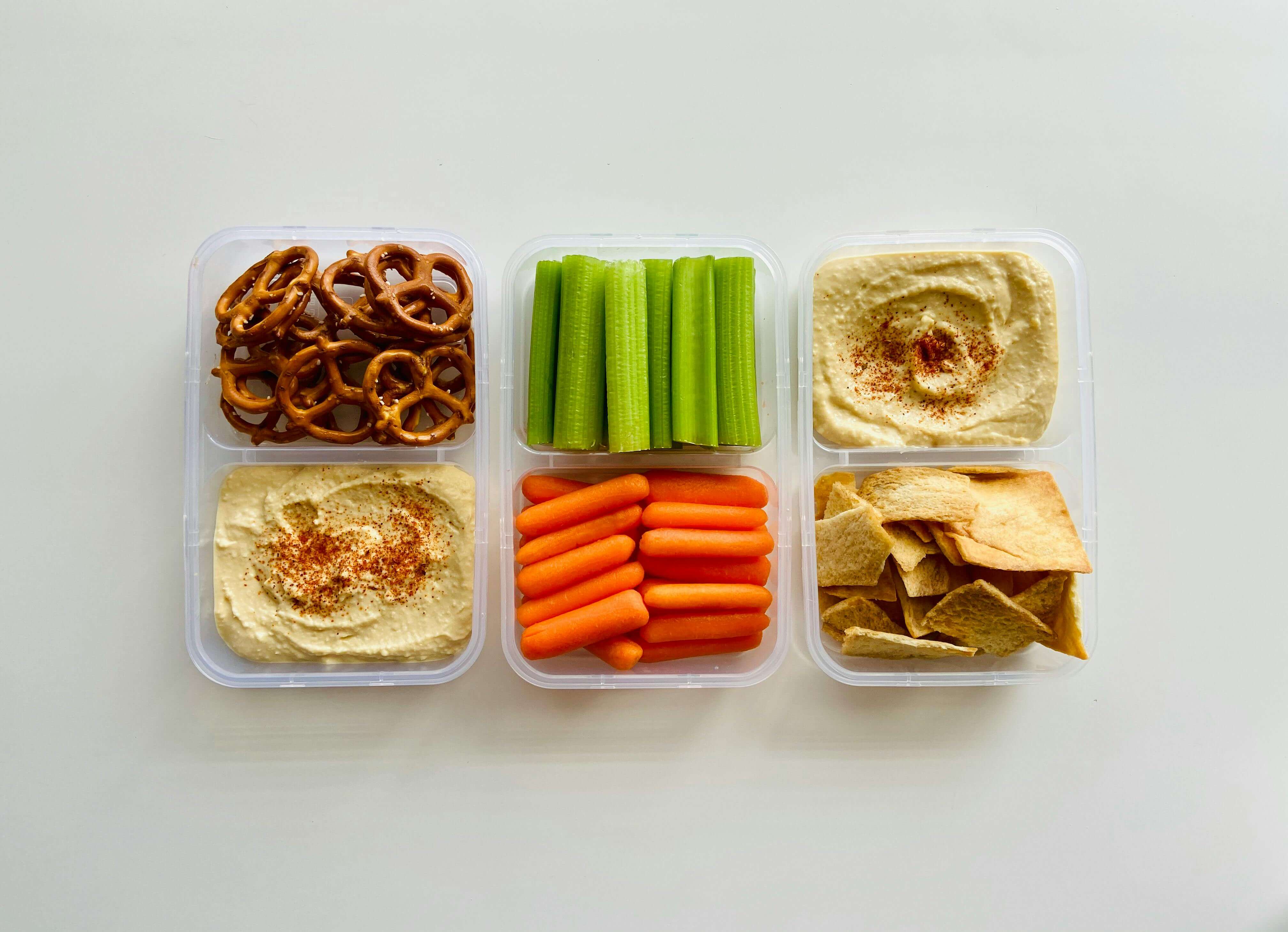Joe Wicks’ Licensed to Kill Documentary: A Nutritionist’s Perspective on Ultra-Processed Foods

Since the release of Joe Wicks’ Licensed to Kill documentary, conversations about ultra-processed foods (UPFs) have exploded online and with good reason. The programme raised awareness about how many everyday products contain ingredients most of us don’t recognise, and how our modern food system has shifted towards convenience over simplicity.
As a nutritionist, I believe this is an important conversation. But it’s equally important to remember that not all processing is harmful and that fear isn’t the most effective form of nutrition education.
Processing isn’t always a problem
Almost everything we eat is processed to some degree. Cooking, freezing, pasteurising and fermenting are all forms of processing and many make food safer, more nutritious and more accessible.
Think of fortified cereals and grains, pasteurised plant-based milks, and frozen fruit and vegetables. These foods undergo processing steps that help preserve nutrients and prevent deficiencies a huge public-health success story.
The issue isn’t whether a food is processed, but how much it’s been changed, and what ingredients are added along the way.
Understanding the upf spectrum
Ultra-processed foods tend to go through several manufacturing stages and often include additives like flavourings, sweeteners, or emulsifiers. While a diet dominated by these foods can contribute to poorer health outcomes, many foods that fall under the “UPF” label don’t deserve blanket criticism.
A balanced diet can absolutely include minimally processed and functional foods that support health such as fortified products, or convenient snacks that are high in fibre and low in added sugars. What matters most is the overall dietary pattern, not the processing category of any single food.
Why balance and education matter more than fear
Programmes like Licensed to Kill are valuable for sparking awareness, but scare-based messaging can leave people feeling anxious and confused. Nutrition should empower people to make confident choices, not create guilt about every ingredient on a label.
A more helpful approach is to:
- Prioritise whole and minimally processed foods where possible.
- Remember frozen is as-good as fresh (and more convenient!)
- Choose products with ingredients you recognise
- Understand that safe, responsible processing plays an important role in modern nutrition from food safety to fortification.
The takeaway
Joe Wicks’ documentary has started an important discussion, but the real message shouldn’t be fear of food it should be about balance, transparency, and smarter choices.
Food processing can make our diets safer, more consistent and more nutritious when done well. The goal isn’t to eliminate all processed foods it’s to build a diet that supports long-term health, variety, and enjoyment.
If you’d like to learn more, a great evidence-based resource is the British Heart Foundation’s guide to ultra-processed foods, which explains what UPFs are and how to keep a healthy balance.
If you’re ever unsure about ingredients or how a product fits into your diet, our nutrition team is always happy to help. You can reach out to us any time, we love answering questions and helping you make informed, confident choices about your gut health.
References:
-
Channel 4, Joe Wicks: Licensed to Kill (2025)
-
MyNutriWeb, Ultra-Processed Foods 101 (2024)
-
The Grocer, Is Joe Wicks’ Killer Protein Bar Really Full of Sht?* (2025)
-
British Heart Foundation, Ultra-Processed Foods: What Are They and Are They Bad for You? (2024)



